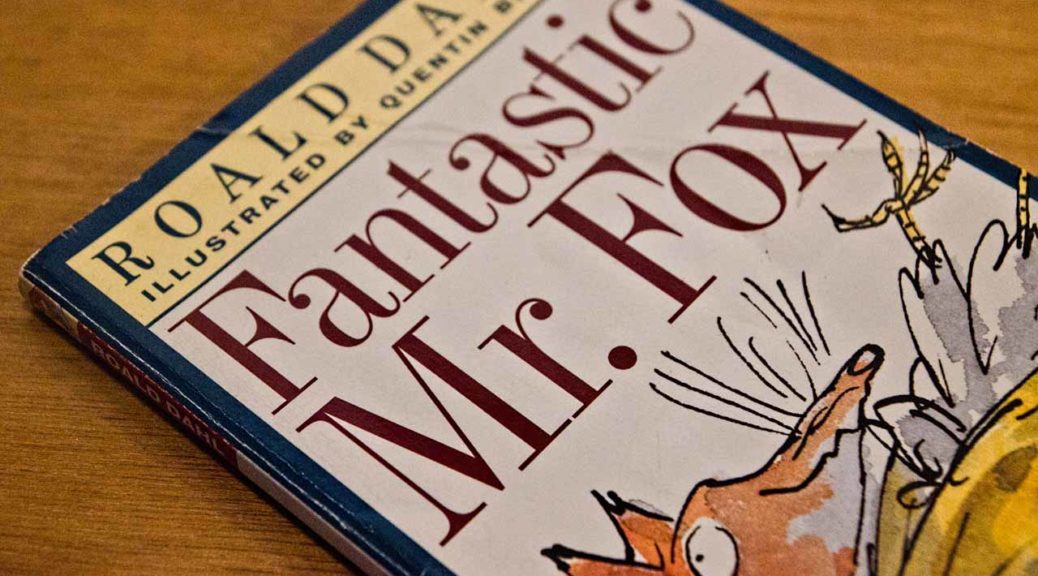watched
Tag Archives: cinema
Protected: jp, chucky, arachnophobia, af
Nightcrawler
watched
Nightcrawler (2014)Dan Gilroy DP: Robert Elswit (There Will Be Blood, Inherent Vice)
Stanley Kubrick
See
Through a Different Lens Stanley Kubrick Photographs
See photographers Weegee, Henri Cartier-Bresson, and Diane Arbus.
Essay Words and Movies by Stanley Kubrick (Sight & Sound, vol.30 (1960/61), p.14.) via visual-memory.co.uk
“The perfect novel from which to make a movie is, I think, not the novel of action but, on the contrary, the novel which is mainly concerned with the inner life of its characters. It will give the adaptor an absolute compass bearing, as it were, on what a character is thinking or feeling at any given moment of the story. And from this he can invent action which will be an objective correlative of the book’s psychological content, will accurately dramatise this in an implicit, off-the-nose way without resorting to having the actors deliver literal statements of meaning.”
“I think that for a movie or a play to say anything really truthful about life, it has to do so very obliquely, so as to avoid all pat conclusions and neatly tied-up ideas”
The ideas have to be discovered by the audience, and their thrill in making the discovery makes those ideas all the more powerful. You use the audience’s thrill of surprise and discovery to reinforce your ideas, rather than reinforce them artificially through plot points or phoney drama or phoney stage dynamics put in to power them across.”
“Style is what an artist uses to fascinate the beholder in order to convey to him his feelings and emotions and thoughts. These are what have to be dramatised, not the style.”
“Often, at one point, the writer expects a silent look to get across what it would take a rebus puzzle to explain, and in the next moment the actor is given a long speech to convey something that is quite apparent in the situation and for which a brief look would be sufficient. Writers tend to approach the creation of drama too much in terms of words, failing to realise that the greatest force they have is the mood and feeling they can produce in the audience through the actor. They tend to see the actor grudgingly, as someone likely to ruin what they have written, rather than seeing that the actor is in every sense their medium.”
“a writer-director is really the perfect dramatic instrument; and the few examples we have where these two peculiar techniques have been properly mastered by one man have, I believe, produced the most consistently fine work.”
“Any art form properly practised involves a to and fro between conception and execution, the original intention being constantly modified as one tries to give it objective realisation. In painting a picture this goes on between the artist and his canvas; in making a movie it goes on between people.”
To Read:
Kubrick: Inside a Film Artist’s Maze by Thomas Allen Nelson
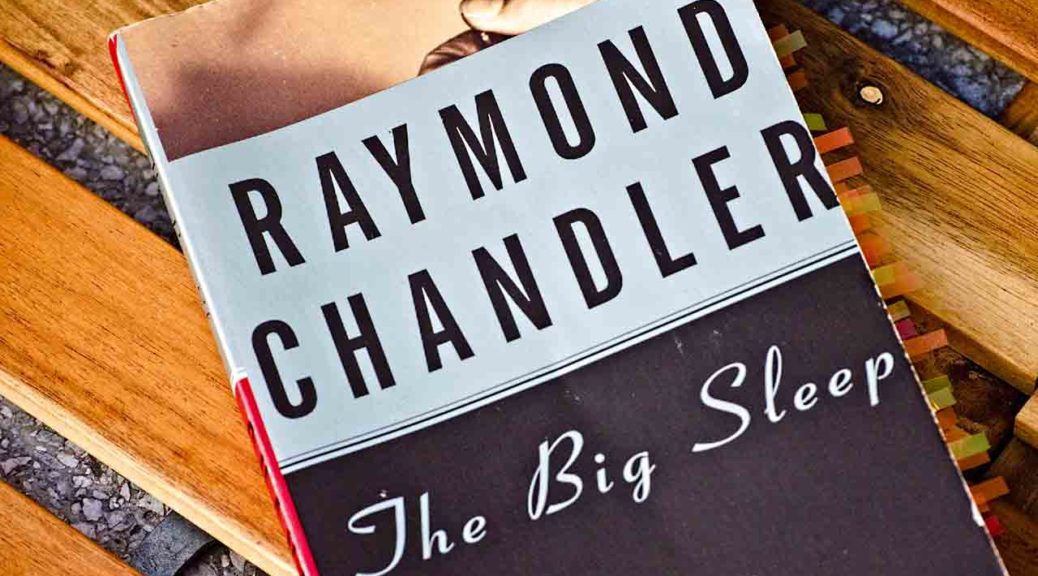
Books May 2018
 Truby, John. The Anatomy of Story: 22 Steps to Becoming a Master Storyteller. Faber and Faber, 2008.
Truby, John. The Anatomy of Story: 22 Steps to Becoming a Master Storyteller. Faber and Faber, 2008.
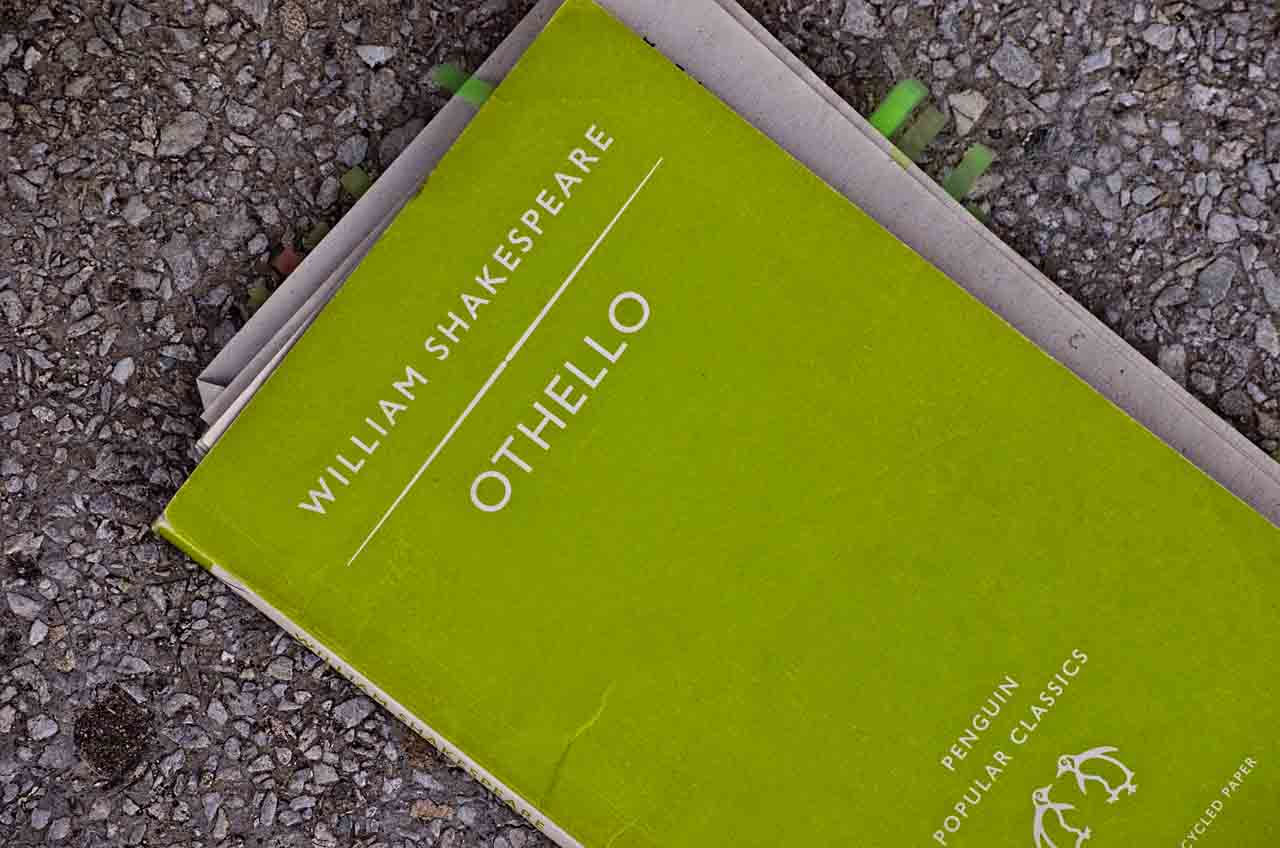 Shakespeare, William. Othello. Penguin, 2001. First written 1603.
Shakespeare, William. Othello. Penguin, 2001. First written 1603.
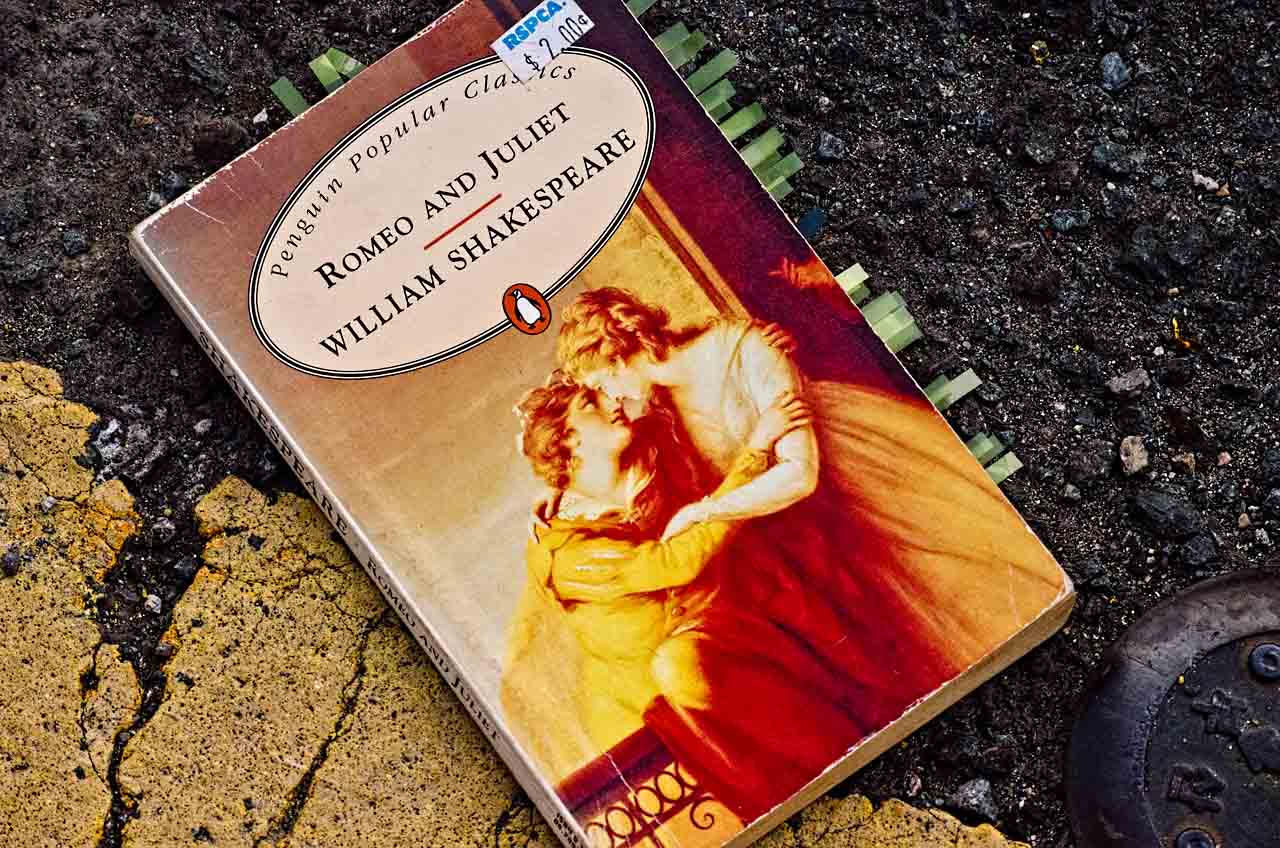 Shakespeare, William. Rome and Juliet. Penguin, 1994. First published 1597.
Shakespeare, William. Rome and Juliet. Penguin, 1994. First published 1597.
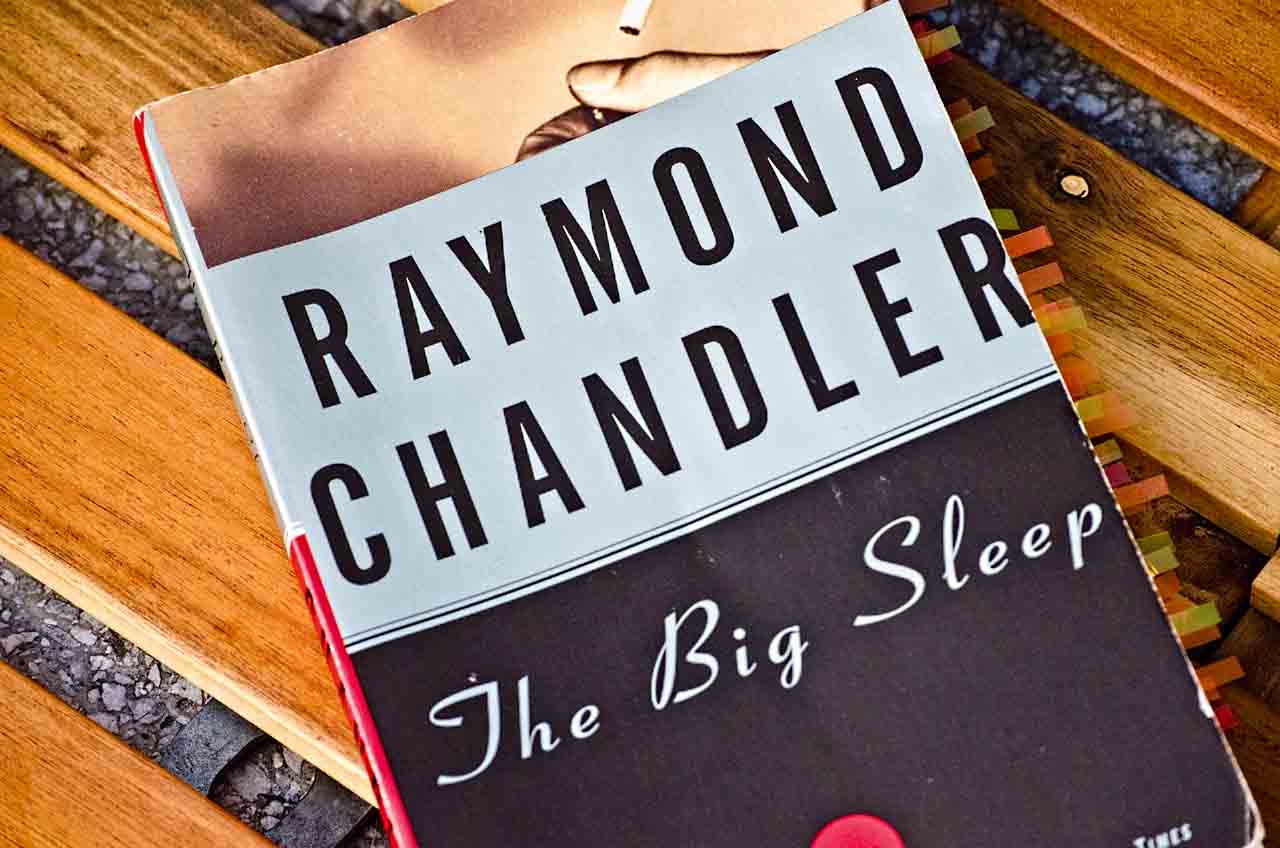 Chandler, Raymond. The Big Sleep. Vintage Books, 1992. First published 1939.
Chandler, Raymond. The Big Sleep. Vintage Books, 1992. First published 1939.
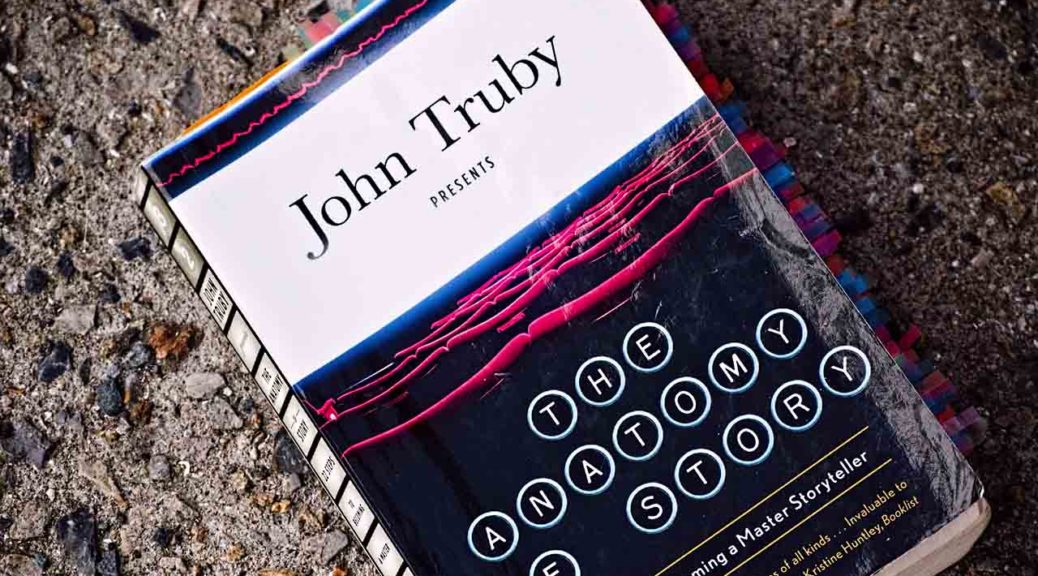
The Anatomy of Story
Truby, John. The Anatomy of Story: 22 Steps to Becoming a Master Storyteller. Faber and Faber, 2008.
Depth Psychology: Carl Jung (2)
watched
remains of the day
rewatched Remains of the Day | James Ivory | DP: Tony Pierce-Roberts | Screenplay: Ruth Prawer Jhabvala
to read Remains of the Day by Kazuo Ishiguro.
Jung and the Lion King
